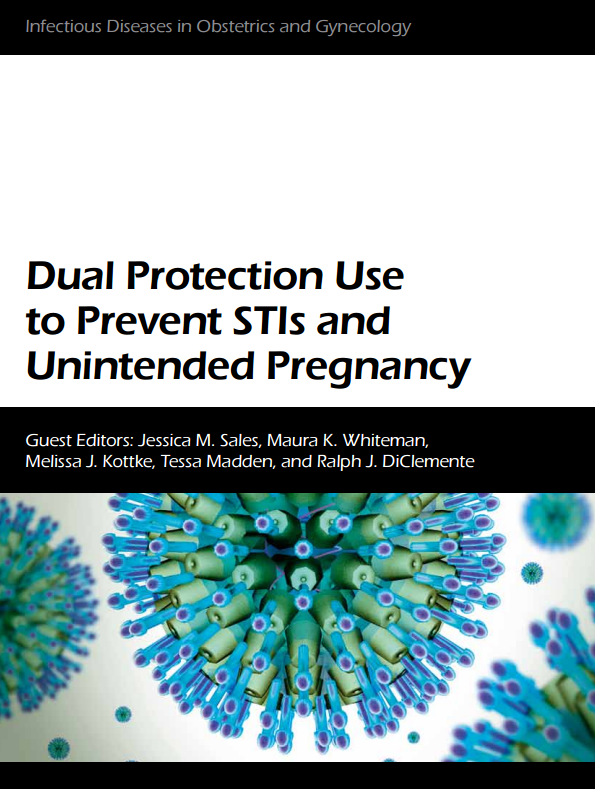Abstract:
We report on African American adolescents’ (N = 850; M age = 15.4) contraceptive practices and type of contraception utilized during their last sexual encounter. Respondents completed measures of demographics, contraceptive use, sexual partner type, and ability to select “safe” sexual partners. 40% endorsed use of dual or multiple contraceptive methods; a total of 35 different contraceptive combinations were reported. Perceived ability to select “safe” partners was associated with not using contraception (OR = 1.25), using less effective contraceptive methods (OR = 1.23), or hormonal birth control (OR = 1.50). Female gender predicted hormonal birth control use (OR = 2.33), use of less effective contraceptive methods (e.g., withdrawal; OR = 2.47), and using no contraception (OR = 2.37). Respondents’ age and partner type did not predict contraception use. Adolescents used contraceptive methods with limited ability to prevent both unintended pregnancies and STD/HIV. Adolescents who believed their partners posed low risk were more likely to use contraceptive practices other than condoms or no contraception. Reproductive health practitioners are encouraged to help youth negotiate contraceptive use with partners, regardless of the partner’s perceived riskiness.
Authors
- Jenifer L. Brown
- Larry K. Brown
- Michael P. Carey
- Ralph J. DiClemente
- Michael Hennessy
- Daniel Romer
- Laura F. Salazar
- Jessica M. Sales
- Bonita Stanton
- Peter A. Vanable
- Robert F. Valois


